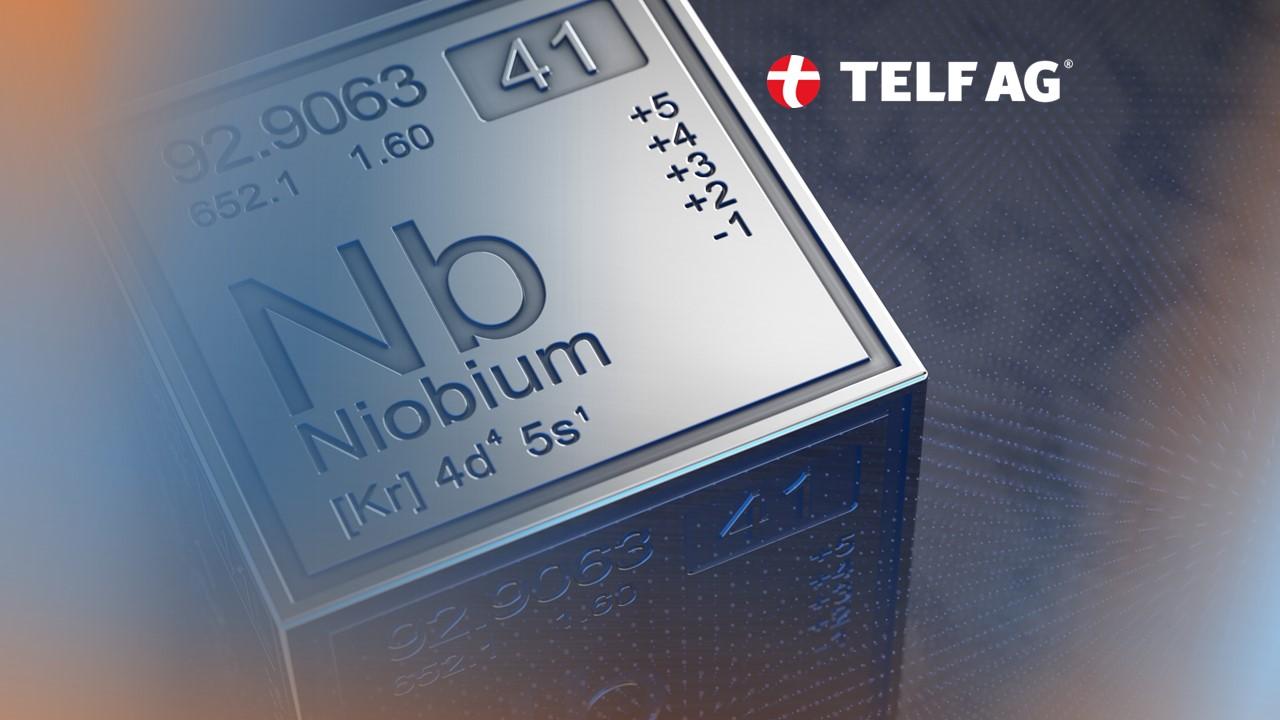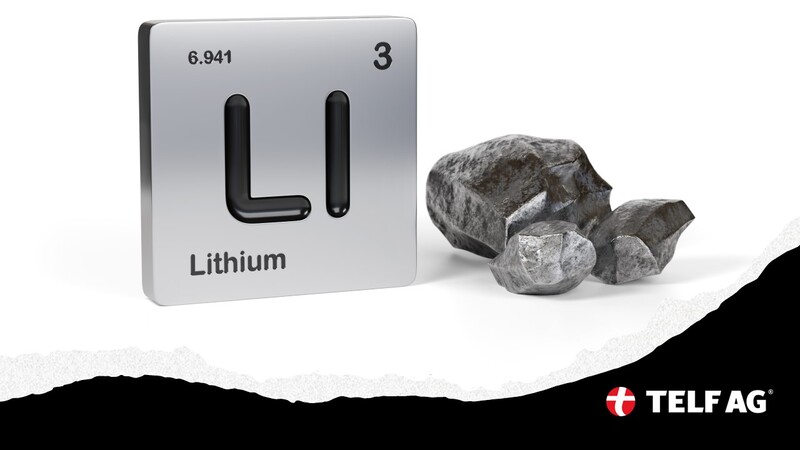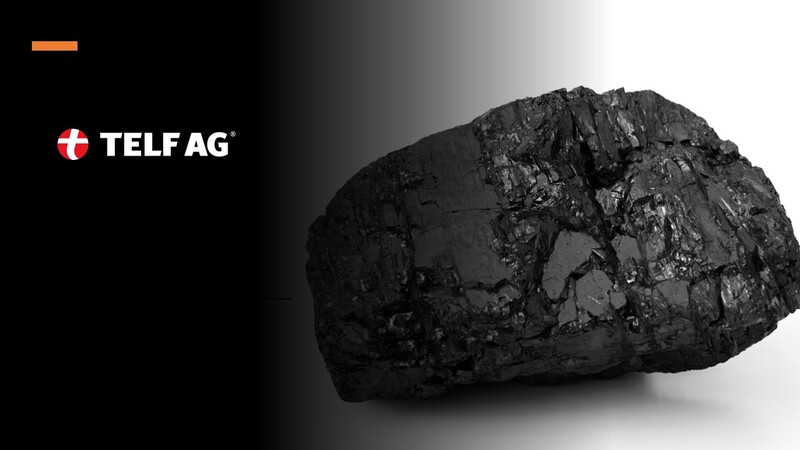TELF AG’s most recent release, titled “TELF AG comments on the discovery of a new mineral deposit in China,” delves into an intriguing mineral revelation that transpired in a remote Chinese region, Inner Mongolia’s Bayan Obo, within the past few weeks. In this locale, an extensive reserve of niobobaotite, an iron ore rich in niobium, was unearthed.
The publication scrutinizes the import of this revelation, particularly in the context of fortifying China’s standing in the realm of natural resources. It also examines its implications for global raw materials dynamics that have a direct impact on China.
TELF AG describes in detail the mineral that is at the center of this discovery, niobium, of which the main uses and some of the most interesting industrial applications are briefly described. In fact, the text mentions the fact that niobium, commonly extracted from columbite, is often used in the industrial sector for the production of some parts of jet engines but also in the electronics field for the manufacture of conductors (the importance of the fundamental elements also in the chips market, which will reach considerable dimensions in the coming years). This mineral, moreover, is also widely used in the steel industry, in particular for its ability to make it much more resistant in the medical field.
Niobium is a very rare mineral due to its particular density but also due to its distribution within the earth’s crust, which appears very limited. One of the most interesting aspects, certainly, linked to the possible uses of this mineral, is that it would be able to adapt perfectly to the needs of new electric vehicles, the vehicles that in the not too distant future will lead the world towards completing the ecological transition, and which in the coming years will become the absolute protagonists in the global mobility market.
But one of the most important consequences of this discovery has to do with the raw materials market: previously, China imported 95% of its niobium needs from foreign countries, but with this important deposit, it could soon be able to further strengthen its position in the already absolutely dominant rare earth market.
To find out more, readers are advised to read the full publication.





